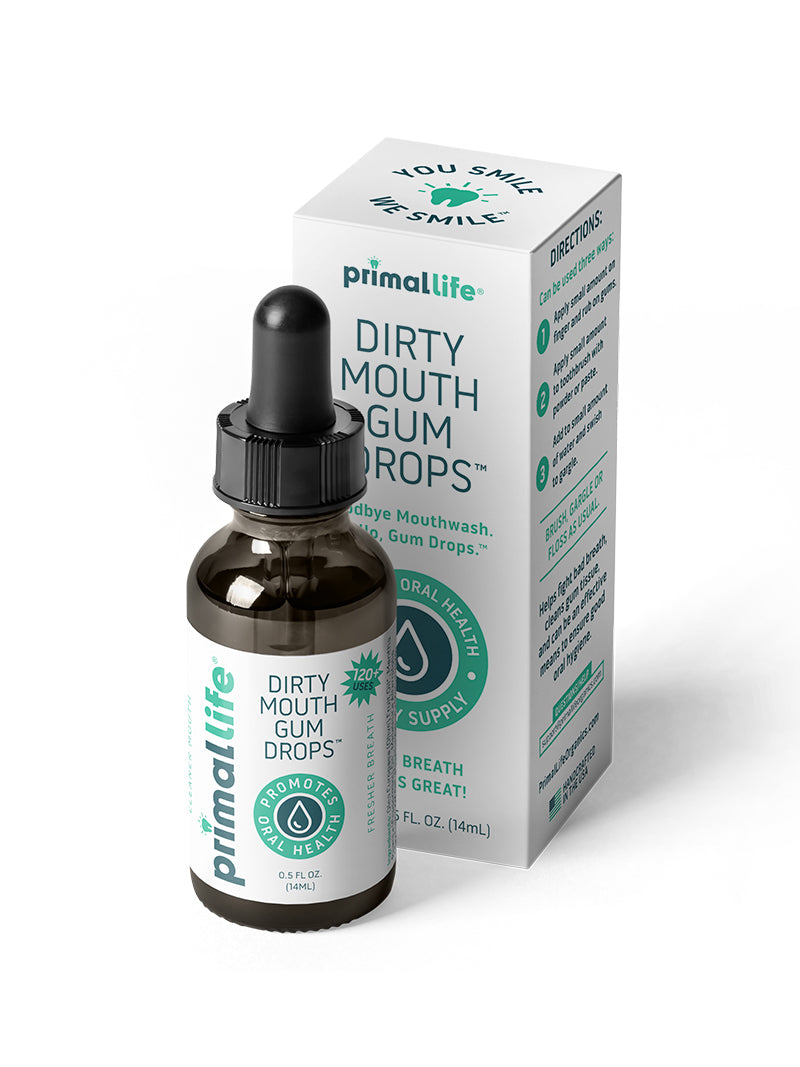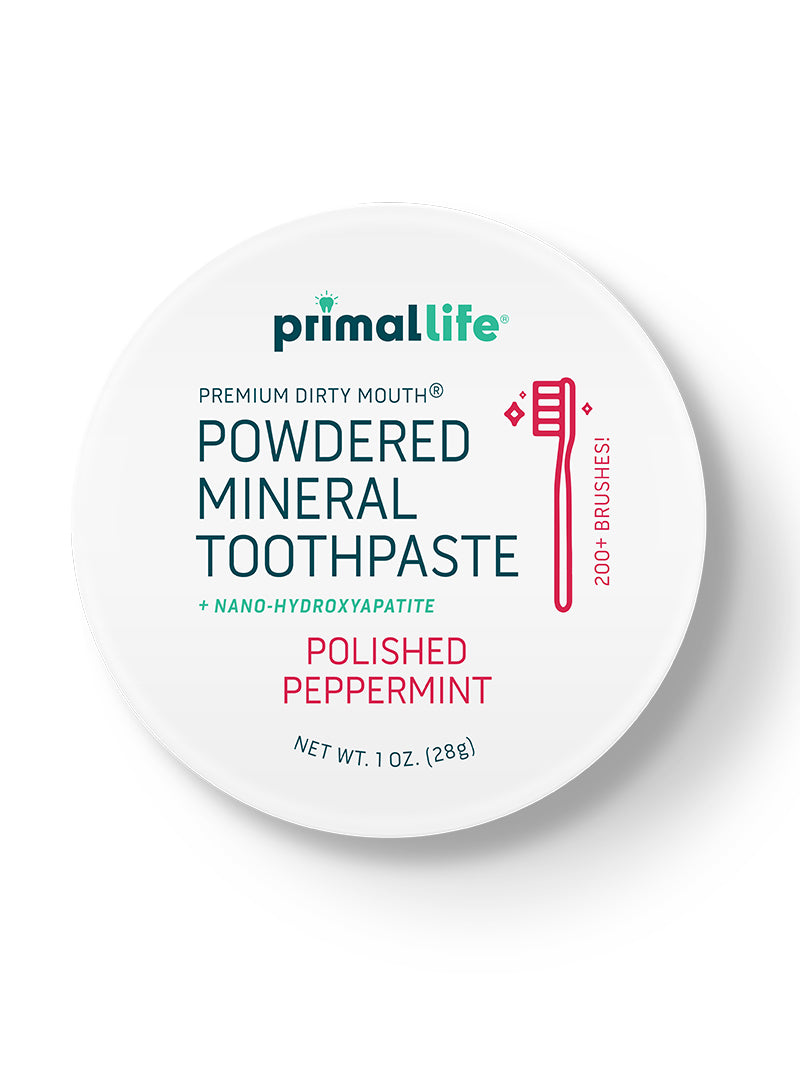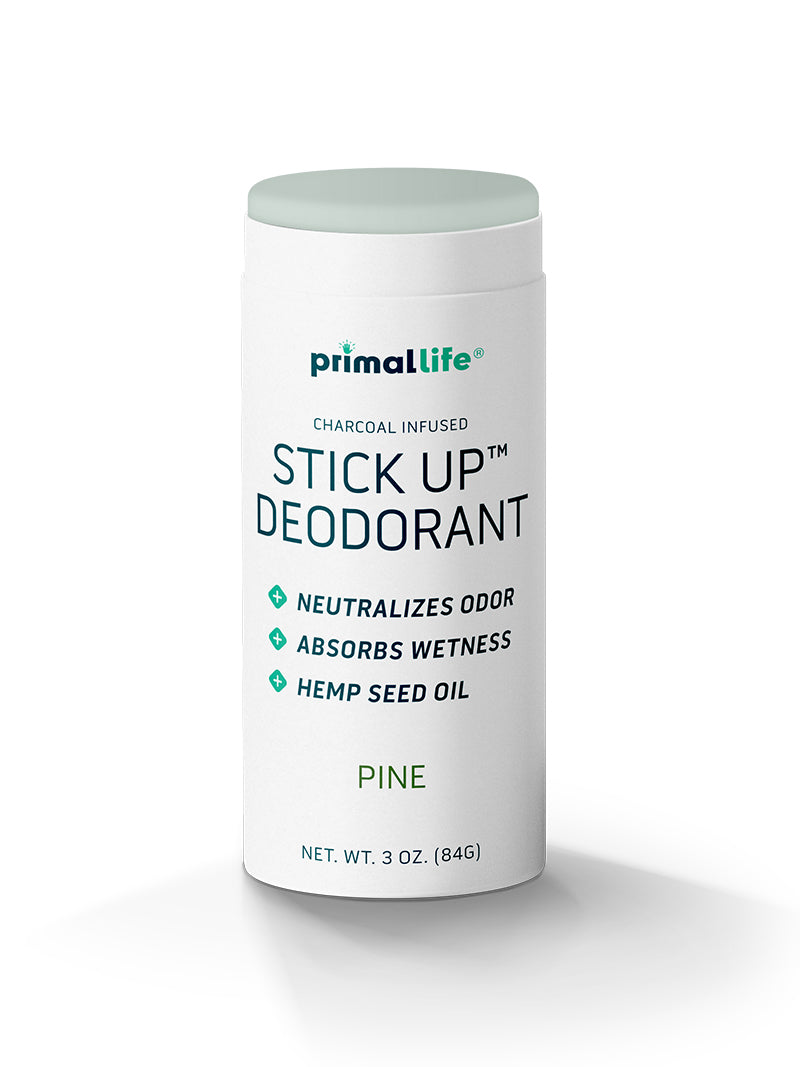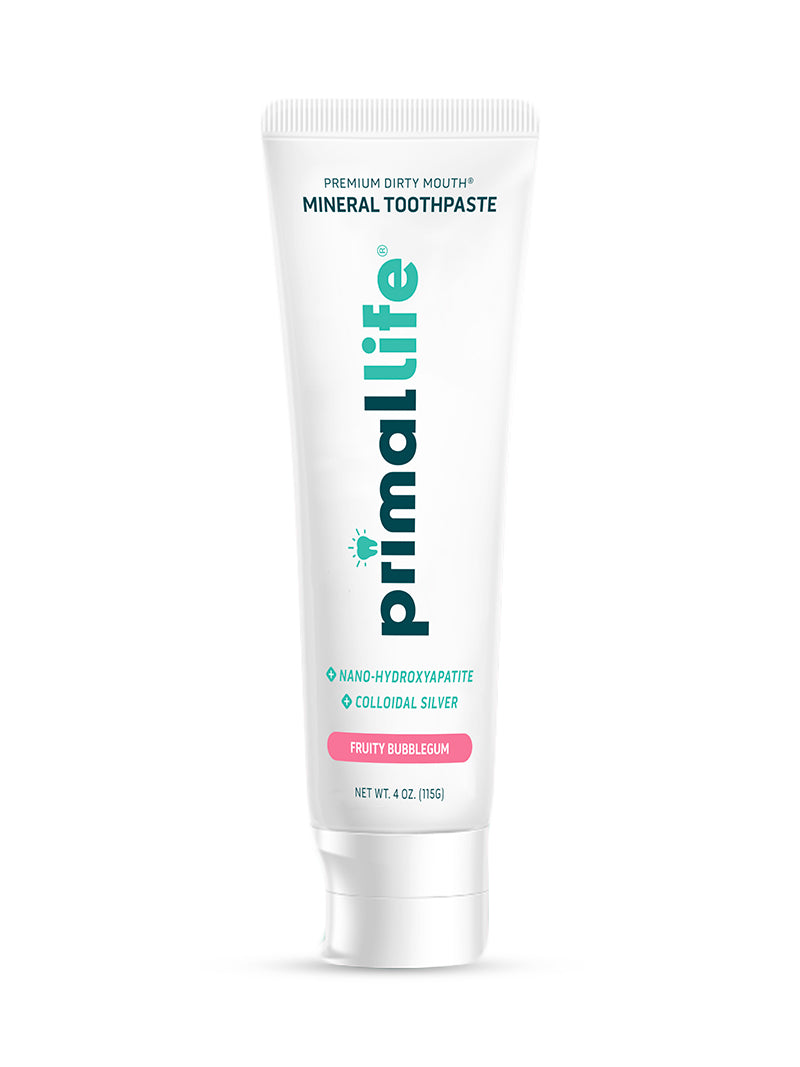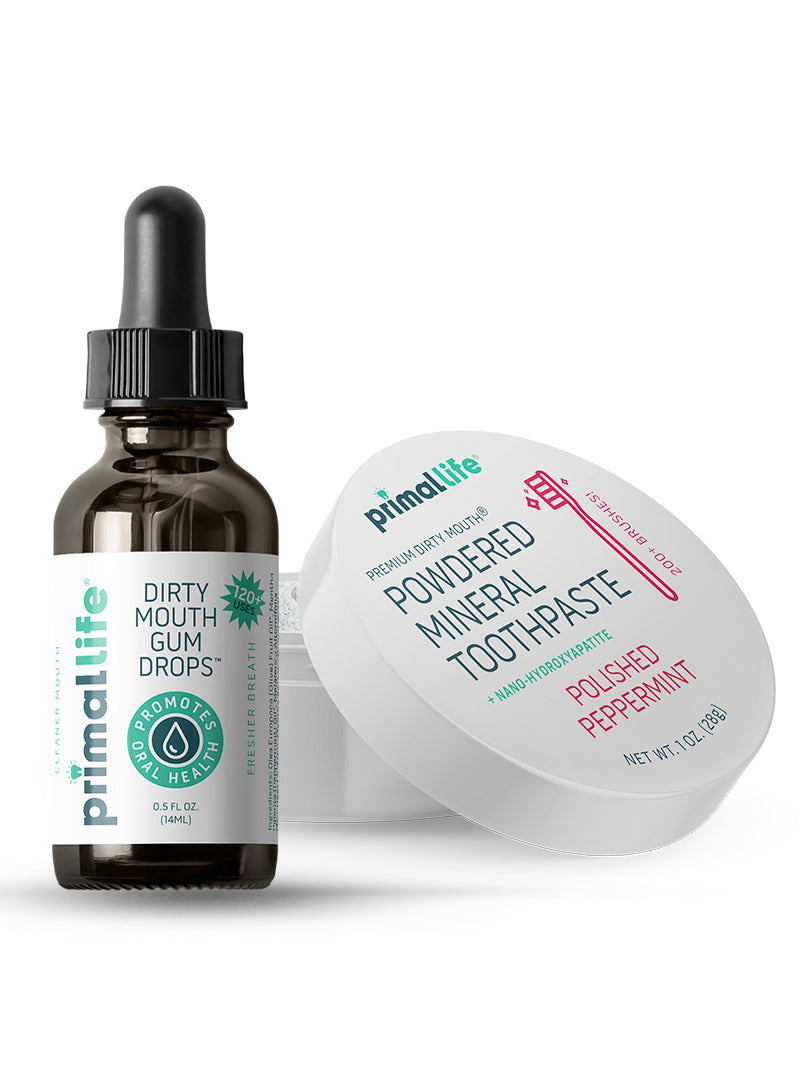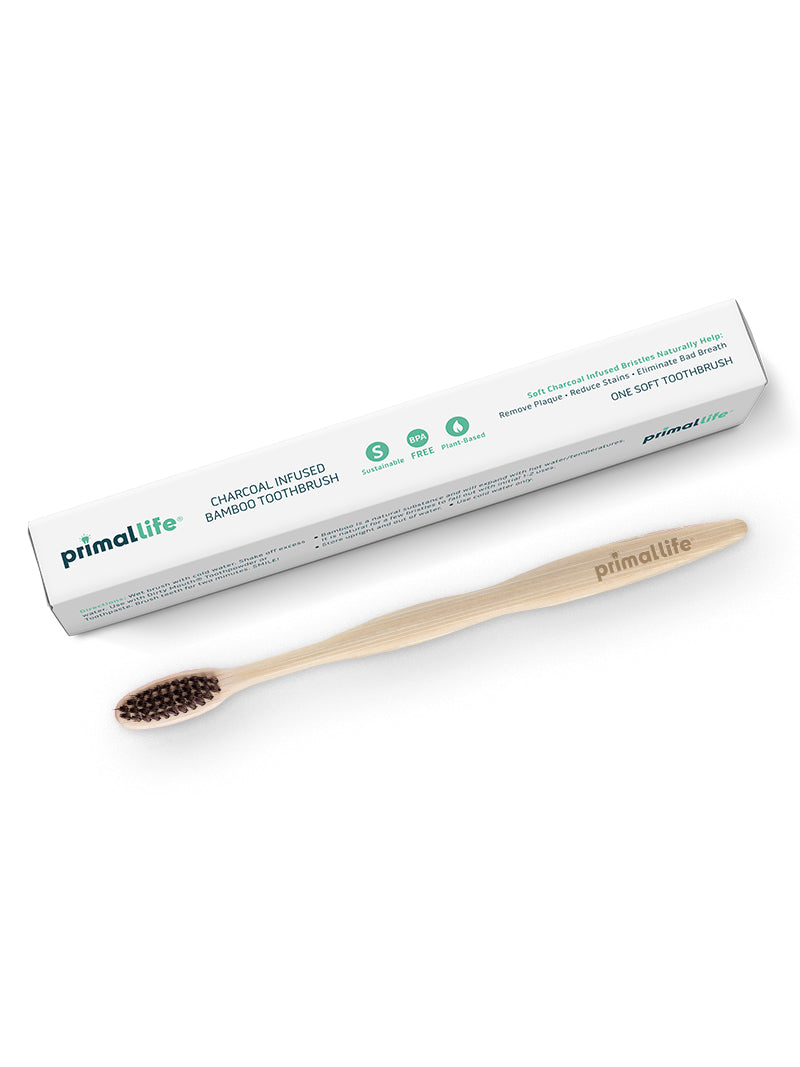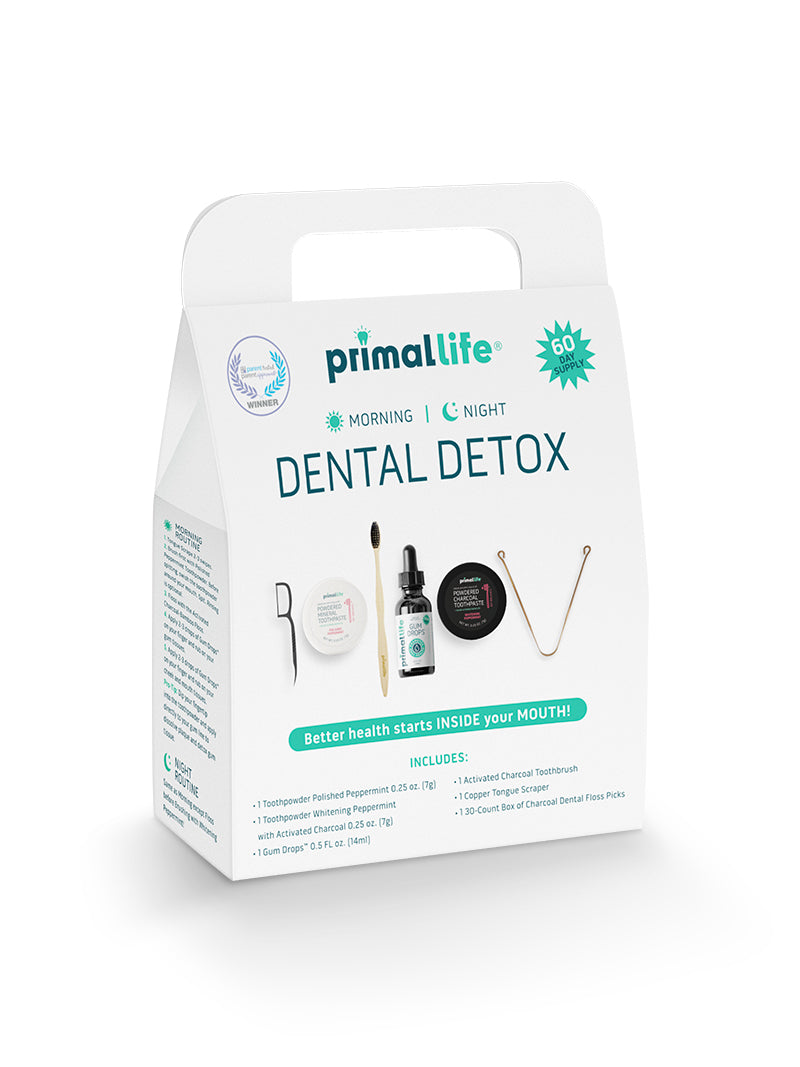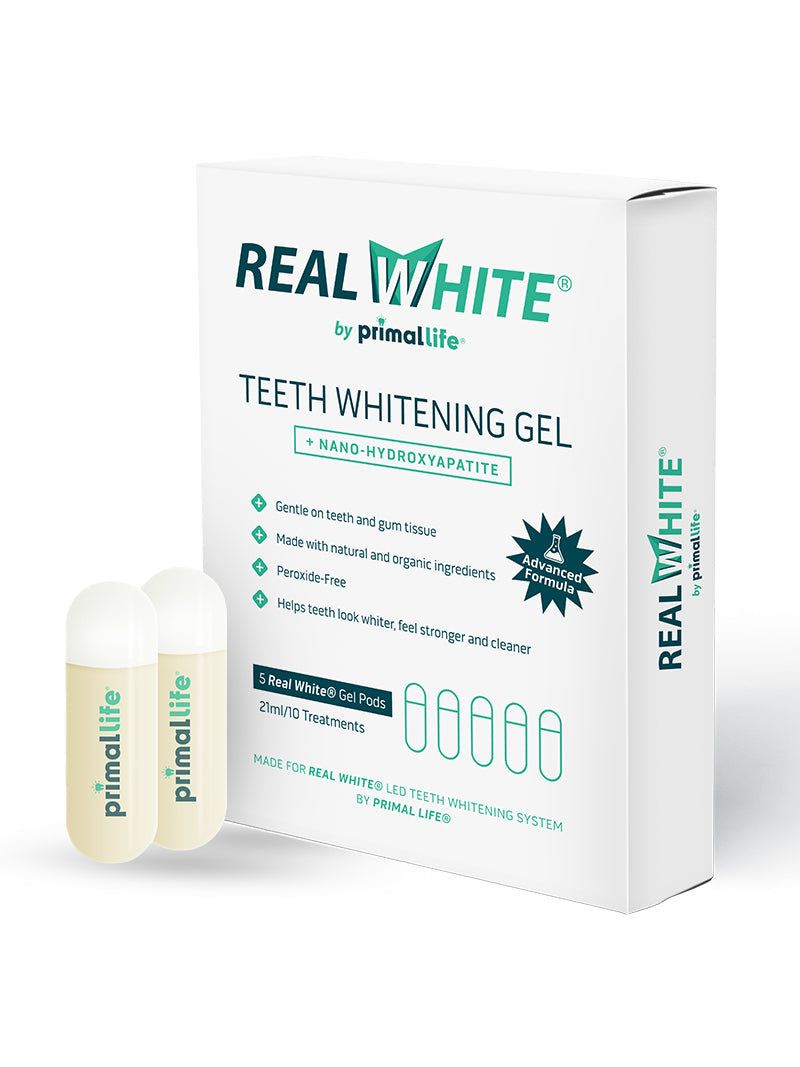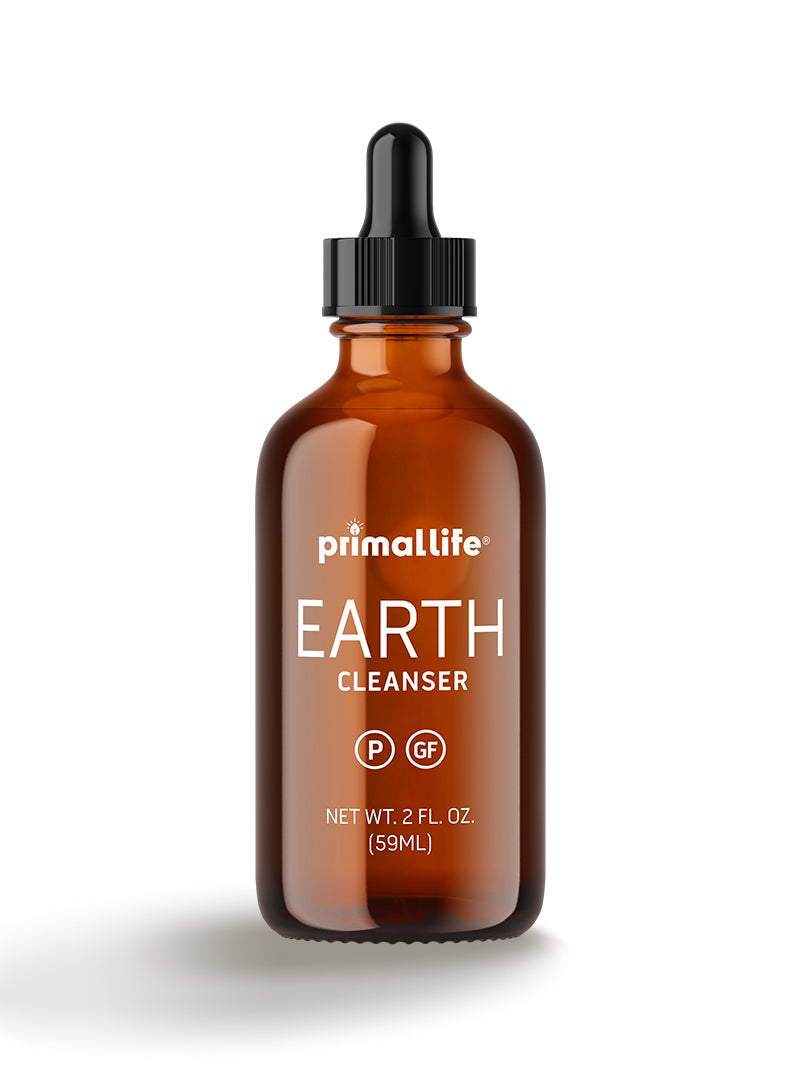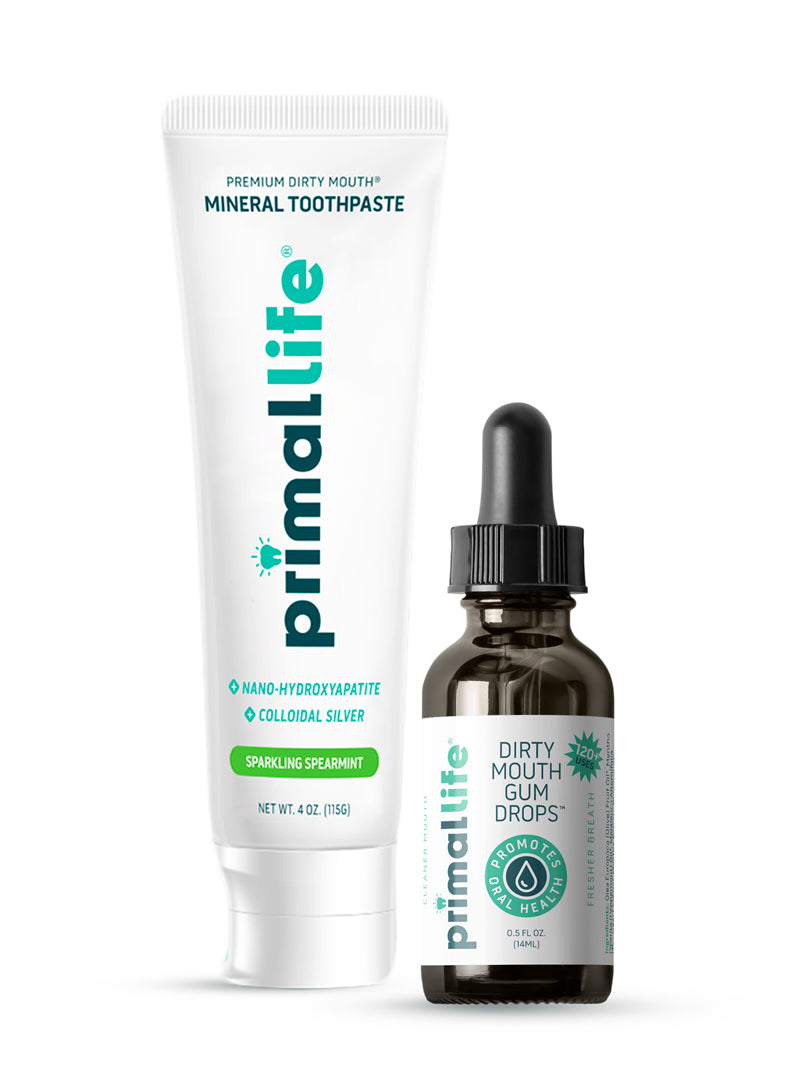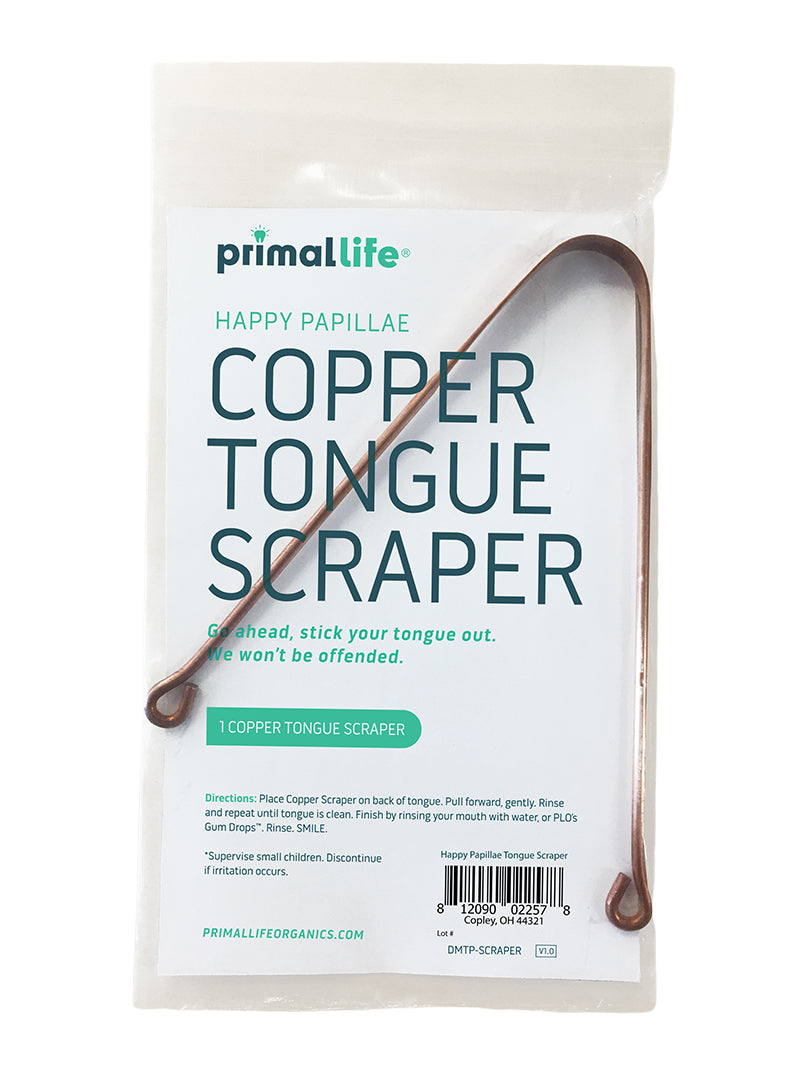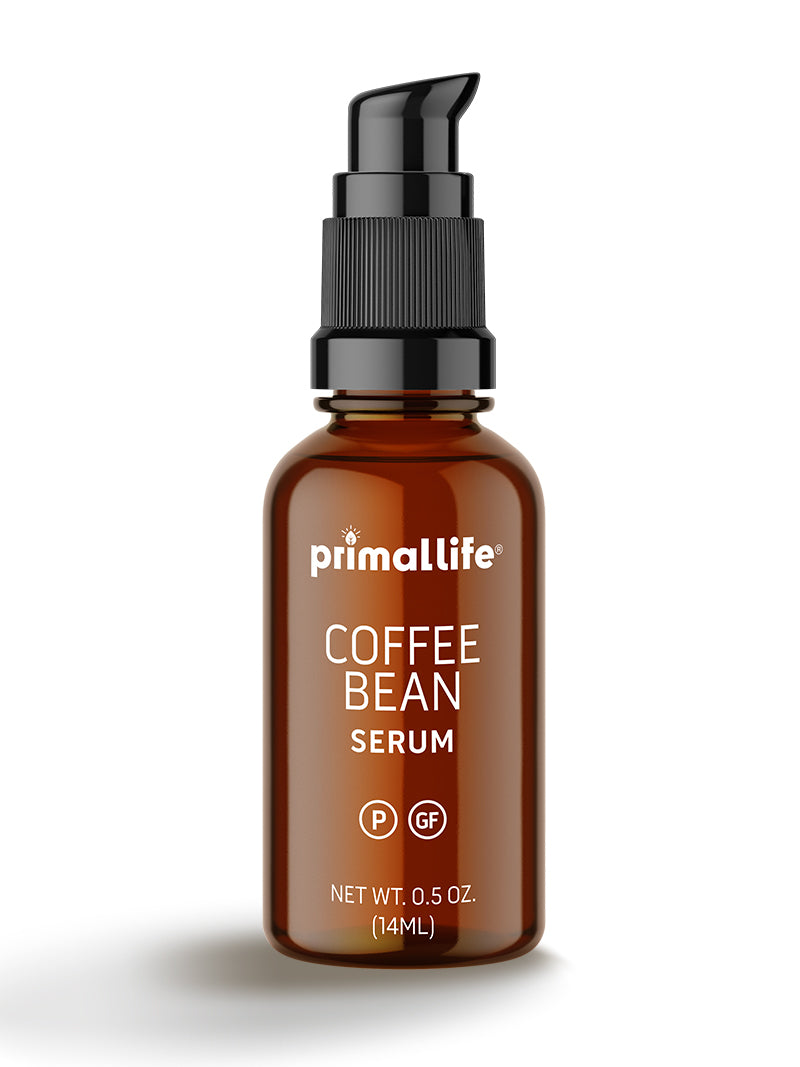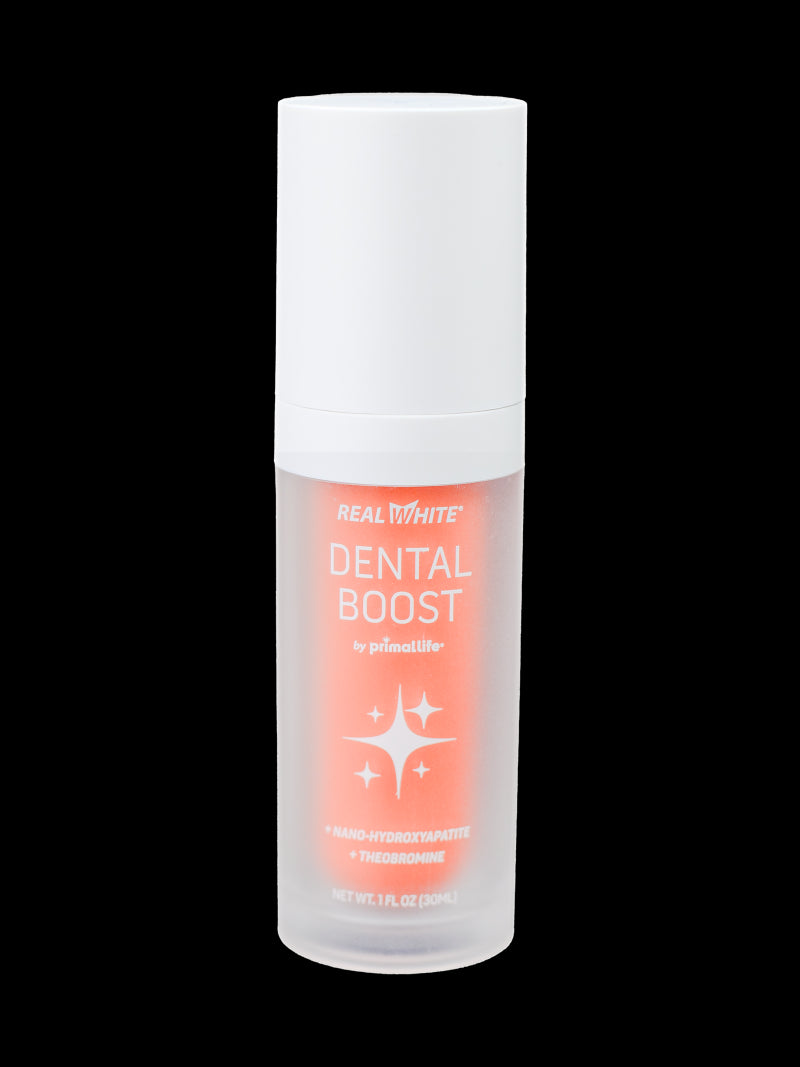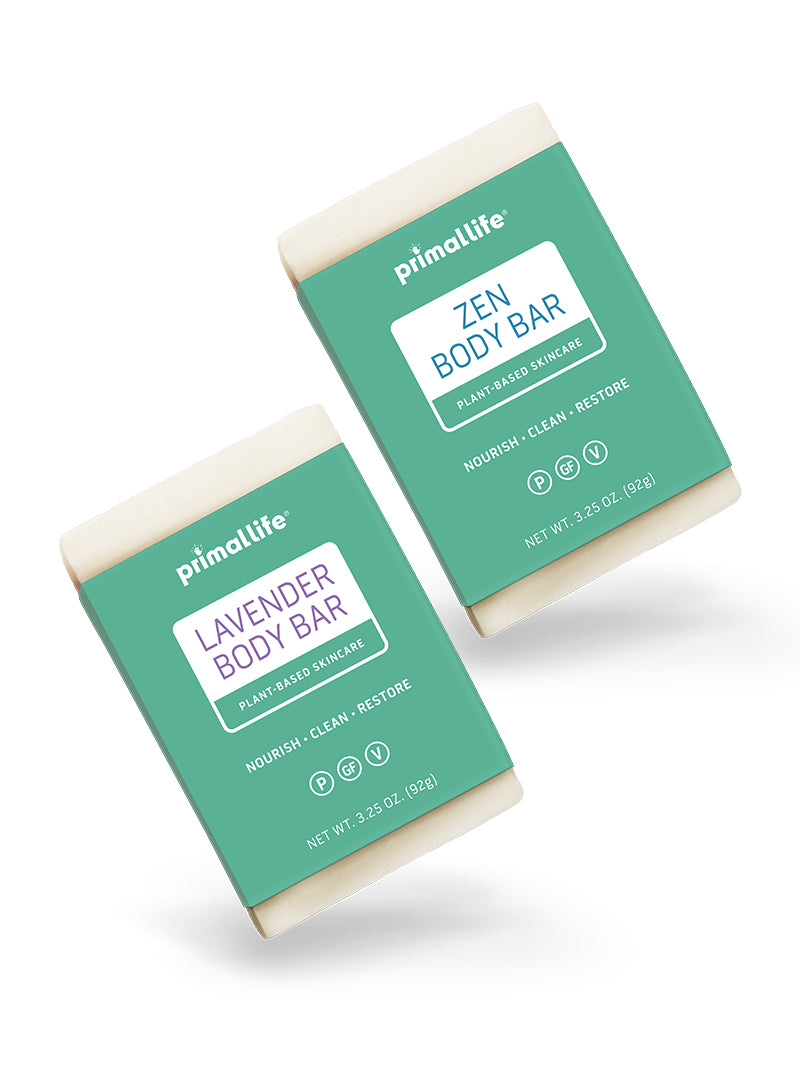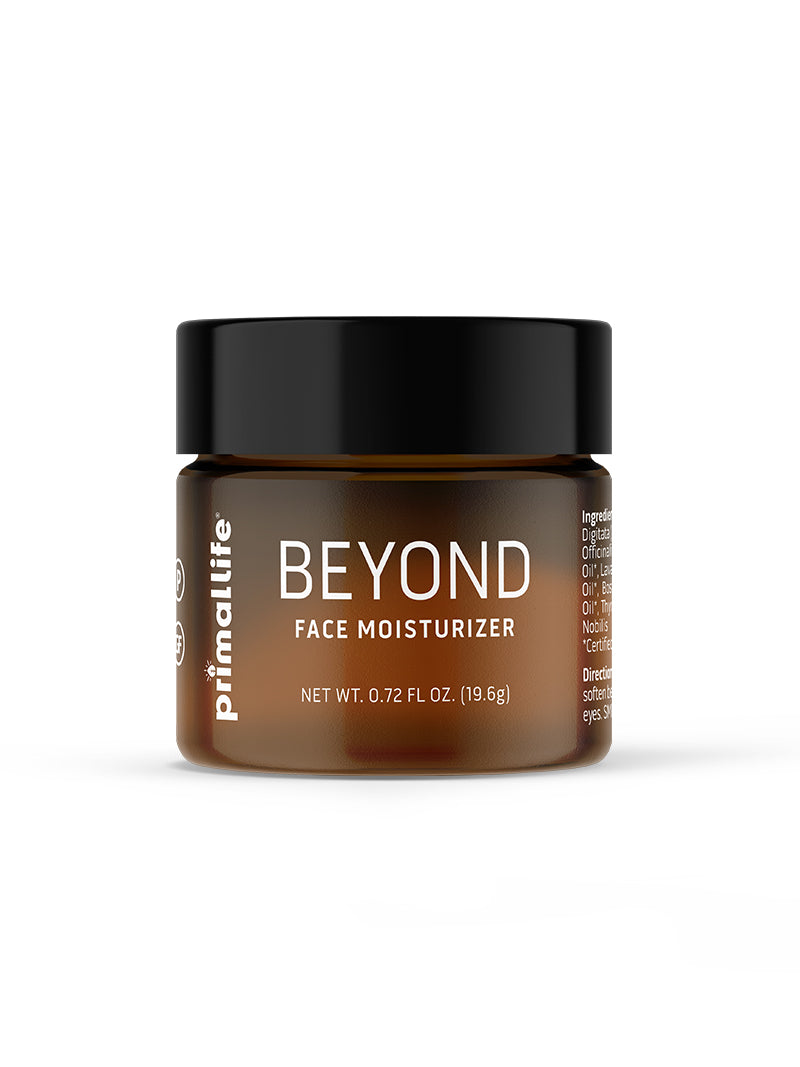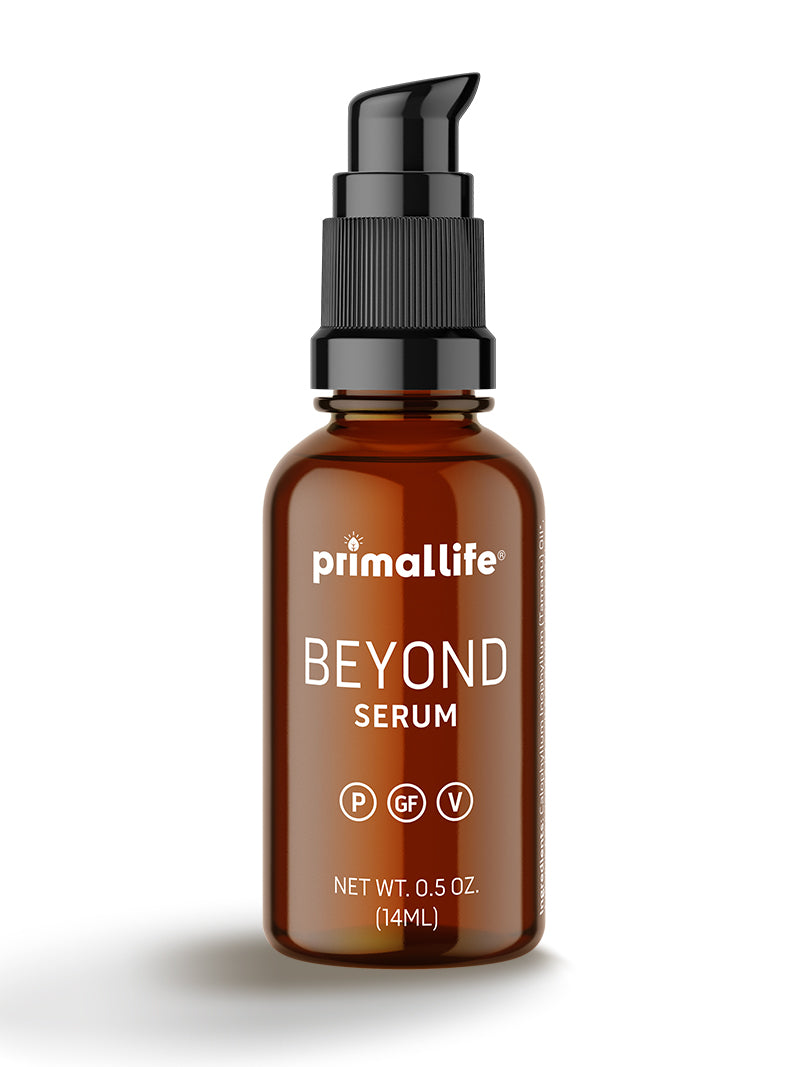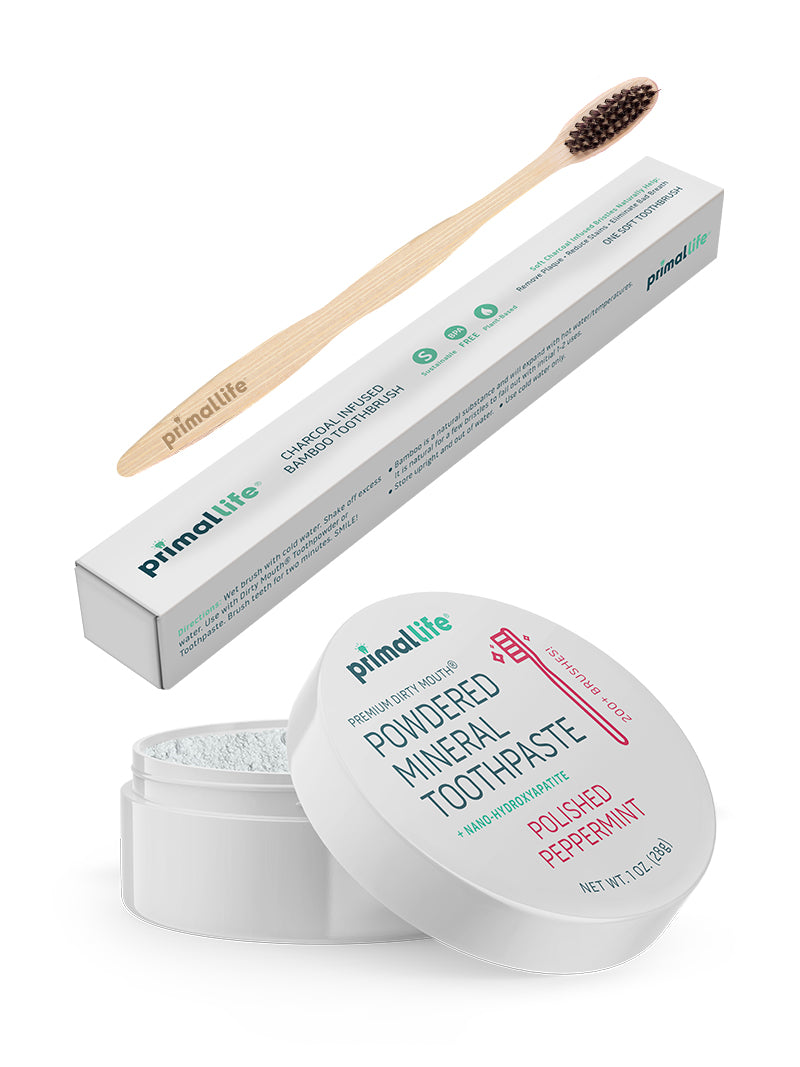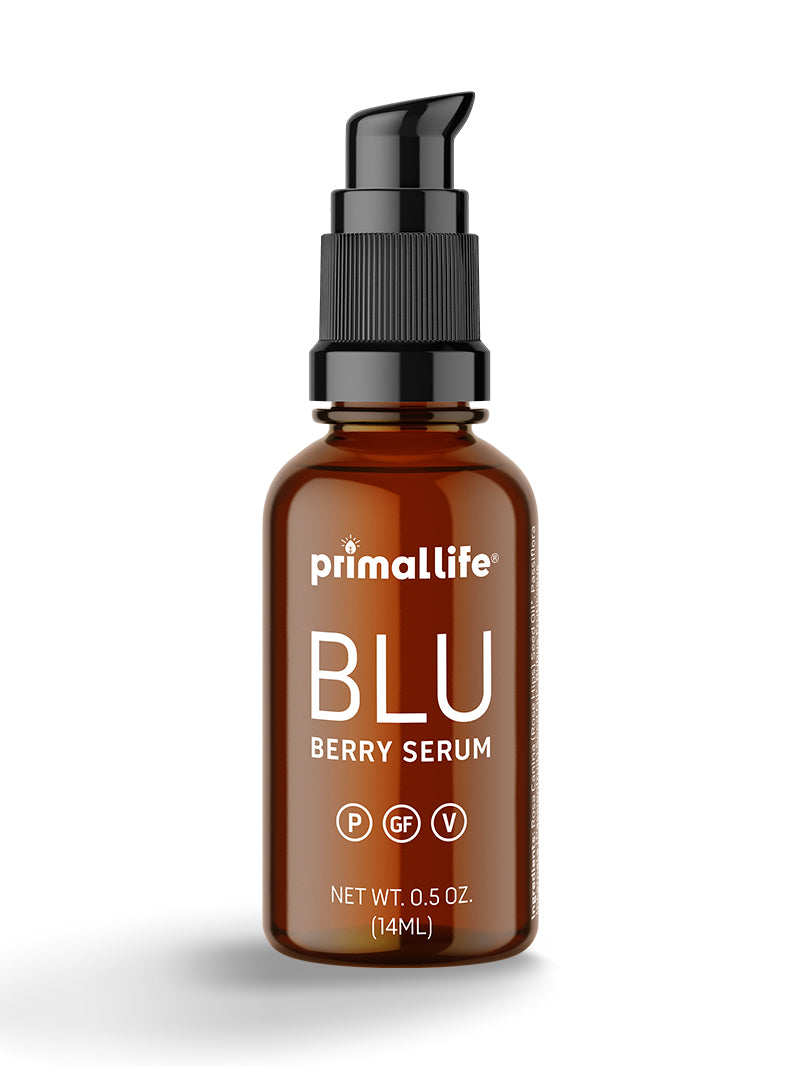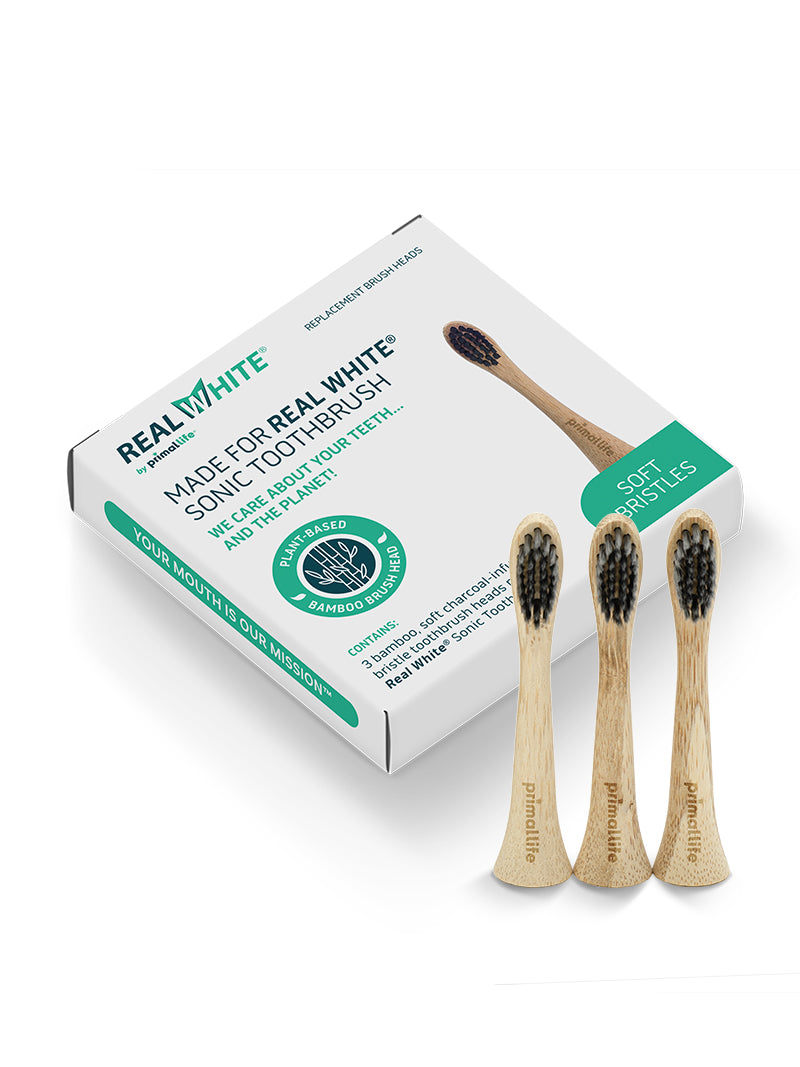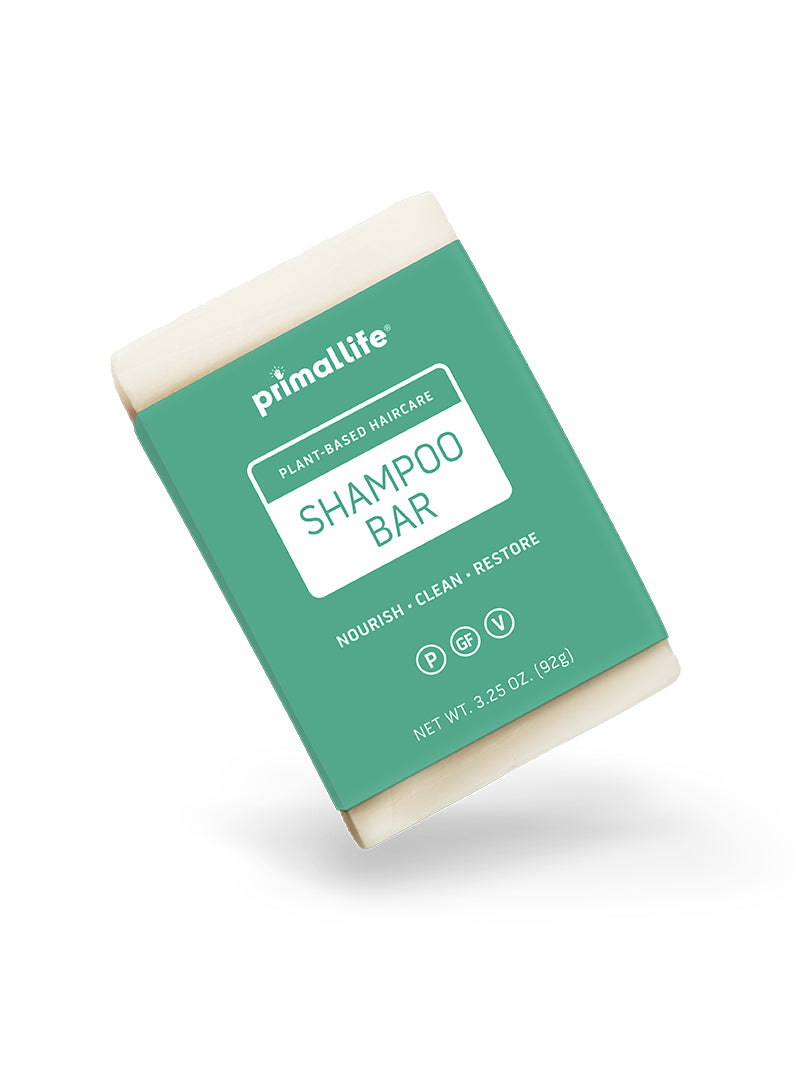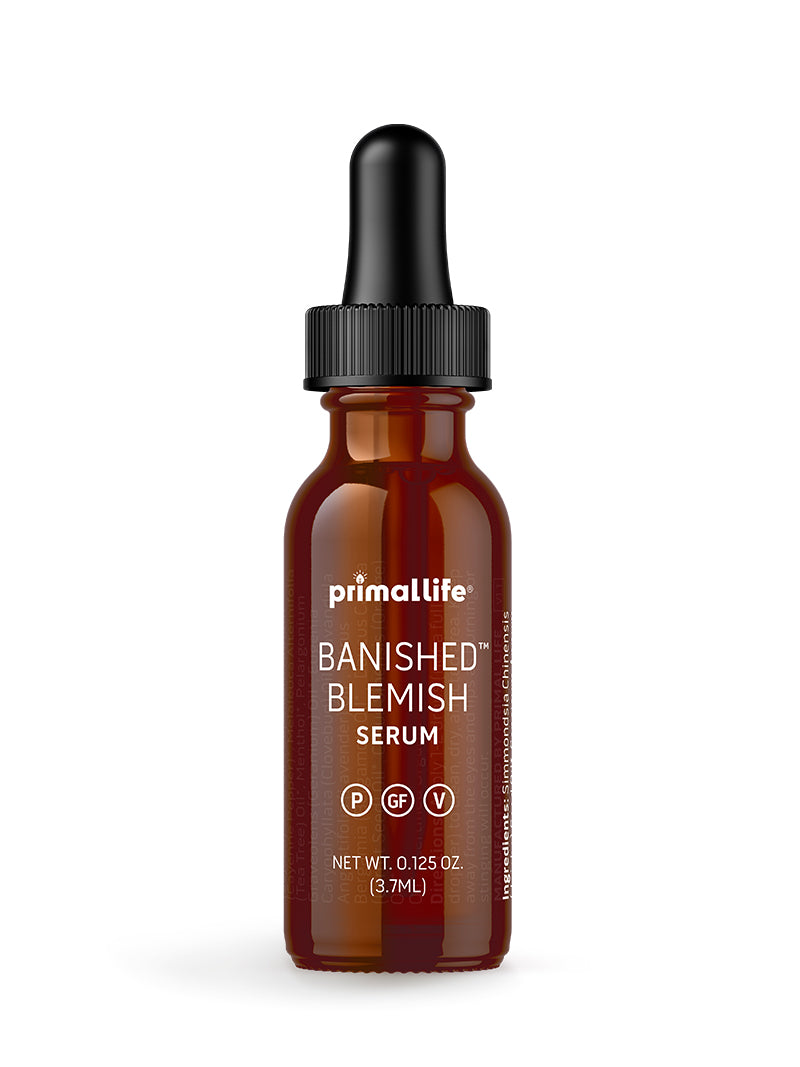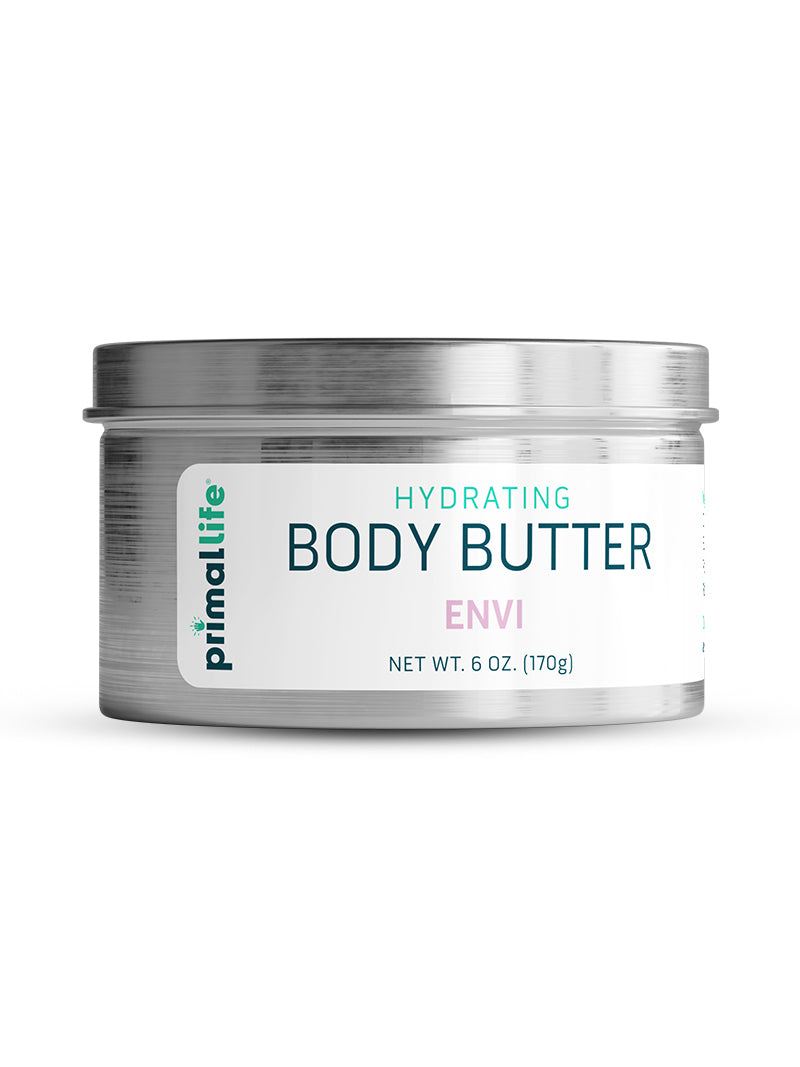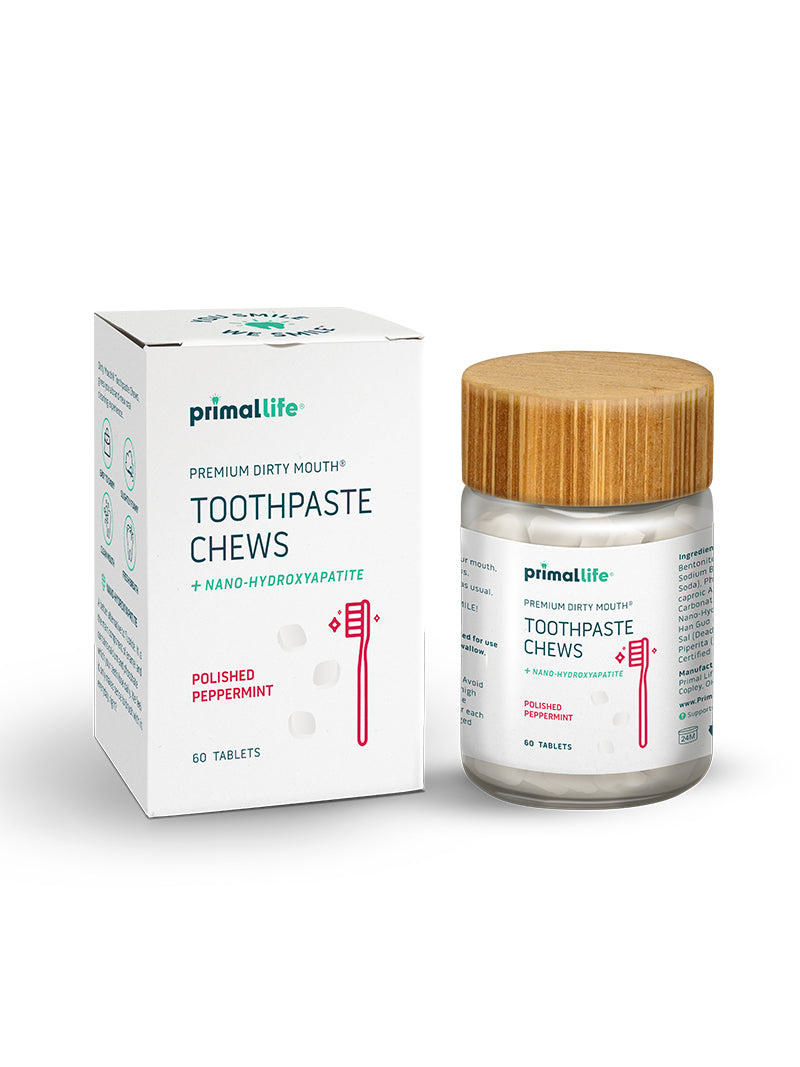Dental Health versus Overall Health [VIDEO]
Having a good dental care routine is important. It keeps your teeth, gums and mouth in great shape. You’ll lessen your chances of gum disease, tooth decay, cavities, bad breath and other common dental issues.
But did you know that good dental hygiene goes beyond that? Maintaining your pearly whites can also affect your overall health. Poor dental health has been linked to some serious health issues.
Here’s what you need to know about the links between dental health and overall health.
Your mouth as a map
The health of your mouth can help identify underlying health issues. Systemic diseases, such as diabetes, can display early warning signs in your mouth. In fact, 90% of systemic diseases have an oral manifestation. Problems like ulcers, dry mouth or swollen gums can be linked to heart disease, diabetes and other health problems.
Keeping up with your dental health can help pinpoint dental issues that may be a result of an overall health issue -- and not just poor hygiene.
Plaque’s dangerous game
When you think of dental problems, you probably think of gum disease and cavities. However, plaque build-up is one of the most dangerous problems.
Saliva is your first line of defense against plaque and bacteria. It contains enzymes that destroy bacteria and minimize build-up. However, saliva isn’t a cure-all. Dental plaque can’t be completely avoided due to the hundreds of different types of oral bacteria.
Too much plaque can lead to inflamed gums and decaying teeth. It’s important to brush and floss every day to lessen the amount of plaque in your mouth.
If plaque is left untreated, it can lead to gum disease, infection and tooth loss. It has also been linked to dementia, heart disease and diabetes. Pregnant women have also experienced premature birth.
Scientists are still working on the solid link between oral health and systemic health issues. It’s believed that bacteria in the mouth gets into the bloodstream and then damages major organs. Additionally, inflammation in the mouth is thought to increase inflammation in other areas of the body.
What are you putting in your mouth?
Poor health from poor dental hygiene is one thing. Yet you also have to think about what chemicals and ingredients you’re using to keep your mouth clean. Have you looked at the ingredients in your toothpaste lately…?

Many of the top commercial brands of toothpaste contain harmful ingredients. These ingredients have been linked to endocrine disruption, skin irritation and an increased risk of cancer.
Harmful ingredients to avoid include: fluoride, sodium lauryl sulfate (SLS), triclosan, and propylene glycol. If your toothpaste is made with these, you’re putting your health at risk.
Now is the time to learn about healthier options for all-natural dental care. You’ll be able to keep your teeth and mouth clean with damaging your overall health.
Natural dental care
The next time you’re shopping for toothpaste, look at the ingredients. If you can’t pronounce most of them, you should be concerned. Your best best is to search for an all-natural tooth powder.
Tooth powder will effectively clean your teeth and remineralize them for increased protection. Store-bought toothpaste doesn’t contain the minerals your teeth need to remineralize. It also kills the good bacteria in your mouth.
Another way to get one step closer to a healthier brushing routine is to use a natural toothbrush. The dangerous materials in plastic and resin-based brushes can break off while brushing. However, if you brush with a toothbrush made from bamboo or other natural materials, you’ll lessen the chance of swallowing harmful things. Some natural brushes even have charcoal bristles for a naturally brighter smile!
Conclusion
Brushing and flossing do more than just protect your smile. They also protect your health and minimize the risk of fatal health risks. So brush better for your mouth and your body.


